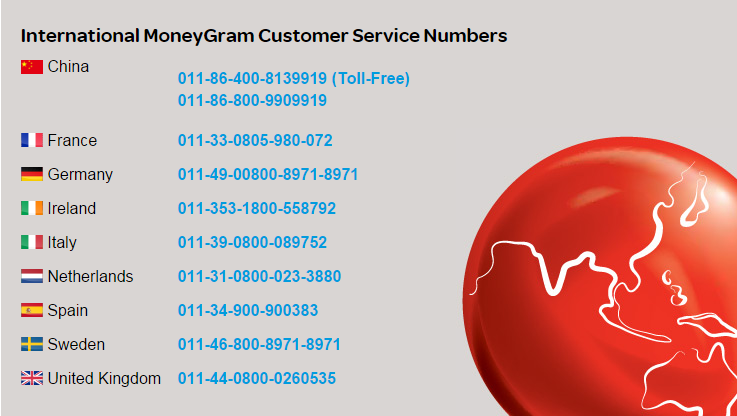Customer fraud
Be careful who you trust, especially when it comes to money. Make sure you are not being scammed while sending money to someone.
Know and keep in mind the 5 most common fraud schemes:
* Online Shopping Scams: The customer pays for something they bought online which looks like a “very good deal”.
Think about it: most websites offer different payment methods which offer you higher protection for the seller than money transfer.
* Lottery / Betting Scams: The client receives an email or phone call informing
them that they have won a lottery or bet and that the winning client must now
send you money to pay processing, insurance, customs, etc. fees.
* Fraud by a family member in need: The client is asked to urgently send money to a person who introduces himself as a relative or friend, who urgently needs financial means to pay for travel tickets, loan guarantees, medical care, etc. .
Romantic relationships: The client thinks he has met someone online or is
contacted by someone and is convinced that they are in a romantic relationship.
Scammers will demand that money be sent to them so that they can visit and
even move in to live together.
Other scams: The client is required to send money for a variety of reasons
including assistance related to various disasters, car purchases, fake loans,
newspaper ads or secret buyers.
Include. Ask!
You can prevent a fraudulent scheme by asking the client questions about your
transfer. The goal is to become communicative but you are oppositional.
* How do you know the person you are sending money to?
* Where or how did you meet him?
* Have you ever sent them before the same person or in the same place?
Beware of false or misleading documents
* Check the photo in the documents and compare it with the person who owns it.
* Check the date of birth on the document and compare it with the age of the
person who owns it.
* Check the date of issue and expiration of the document
Make sure there is no sign in the document that can tell you that the document is tampered with, that the file does not fit, or that the material is poor.
If you notice any transfer that may be fraudulent you have the right not to
process it.
Report immediately to MoneyGram.

